Need Help?
Frequently Asked Questions & Forms
-
What are your business hours?
-
How to add additional Administrative Services?
Submit Online Proposal Form or email mbergeron@mycpiteam.com
-
What is a Qualifying Event?
A Qualified Beneficiary (QB) is an individual who has lost group health plan coverage due to a qualifying event such as termination or retirement. The individual must be a covered employee, spouse of a covered employee, or the dependent child of a covered employee. The person can elect to continue the group health plan coverage for a limited time on a self-pay basis.
-
Which Employers should offer Cobra?
COBRA typically covers all private-sector group health plans provided by employers who had at least 20 employees on more than 50 percent of their typical business days in the previous calendar year. To determine if a plan falls under COBRA, both full-time and part-time employees are considered..
- Sourced by the DOL
-
What does Cobra do?
COBRA mandates that continuation coverage be provided to eligible employees, their spouses, ex-spouses, and dependent children in events where group health coverage might otherwise terminate. COBRA continuation coverage typically costs more than what active employees contribute for group health coverage because employers generally cover a portion of the employees' coverage cost, which can be fully charged to those receiving continuation coverage.
-
Who is entitled to continuation coverage under COBRA?
To be eligible for COBRA continuation coverage, your group health plan must fall under COBRA; a qualifying event must take place; and you must be a qualified beneficiary for that event. Moreover, a dependent child of a covered employee should also be offered COBRA coverage if the qualifying event causes the child to lose their coverage.
-
What is a Cobra General Rights Notice?
A general rights notice must be provided to Newly Hired covered employees and their spouses, to inform them of their Cobra rights and responsibilities under Cobra, should a qualifying event occur.
-
How is Cobra premiums collect and/or handled?
CPI , collects premiums directly from the Cobra participant and issues payment to the employer on a monthly basis minus 2 percent admin fee. Payment amounts are based on current group rates given to CPI.
-
Under COBRA, what benefits must be covered?
The coverage provided must be identical to the plan currently available to similarly situated active employees and their families, which is generally the same coverage they had immediately before the qualifying event.
-
What is a Health Care FSA?
A Health Care Flexible Spending Account (HCFSA) is a pre-tax benefit account utilized to pay for eligible medical, dental, and vision care expenses not covered by your health care plan or any other source.
-
Can employees use FSA dollars toward insurance premiums?
No, IRS regulations do not allow employees to use funds allocated to a Flexible Spending Account (FSA) to pay for insurance premiums.
-
What is a Limited Expense FSA?
A Limited Purpose Flexible Spending Account (LFSA) is an option available to those enrolled in a High-Deductible Health Plan (HDHP) with a Health Savings Account (HSA). It exclusively covers dental and vision expenses only.
-
Grace Period vs Carry Over
Grace Period : An extension of the plan year, which allows participants full access to their remaining funds to incur new claims/expenses for up to a maximum of 2.5 months after the plan year has ended.
Carryover : Participants from the previous plan year are permitted to carry over their remaining balance up to the IRS maximum carryover limit into the current plan year.
Additional Notes
- The grace period or carryover does not impact the run-out period.
- The grace period or carryover does not impact the participants’ election amount for the next plan year.
- The Medical FSA is allowed to have either the grace period or carryover, but cannot have both. Since the carryover does not apply to Dependent Care FSAs, a plan design may have a grace period for the Dependent Care FSA and a carryover for the Medical FSA.
-
What is Dependent Care?
A Dependent Care Flexible Spending Account (DCFSA) is a pre-tax benefit account utilized to cover expenses for eligible dependent care services, including preschool, summer day camp, before or after-school programs, and child or adult daycare.
-
Who is a qualifying dependent for a DCFSA?
A qualifying dependent for a Dependent Care Flexible Spending Account (DCFSA) includes your tax dependents who are either:
- A child under the age of 13
- Your spouse or another tax dependent (regardless of age) who is mentally or physically incapable of self-care.
-
Forms and Documents
- Client Plans and Rates Form
- Cobra Portal Step by Step Guide
- Direct Bill Plan and Rates Form
- Legacy Participant Form
- Spending Accounts Portal Guide
- Seamless Navigation between the Cobra and Spending Account Portal
- FAQs for Cobra
- Debit Card Follow up Process
- HRA/FSA/HSA Comparison Chart
- Cancellation Form
- Commuter Benefits Handout
-
Renewals & Open Enrollment Information

